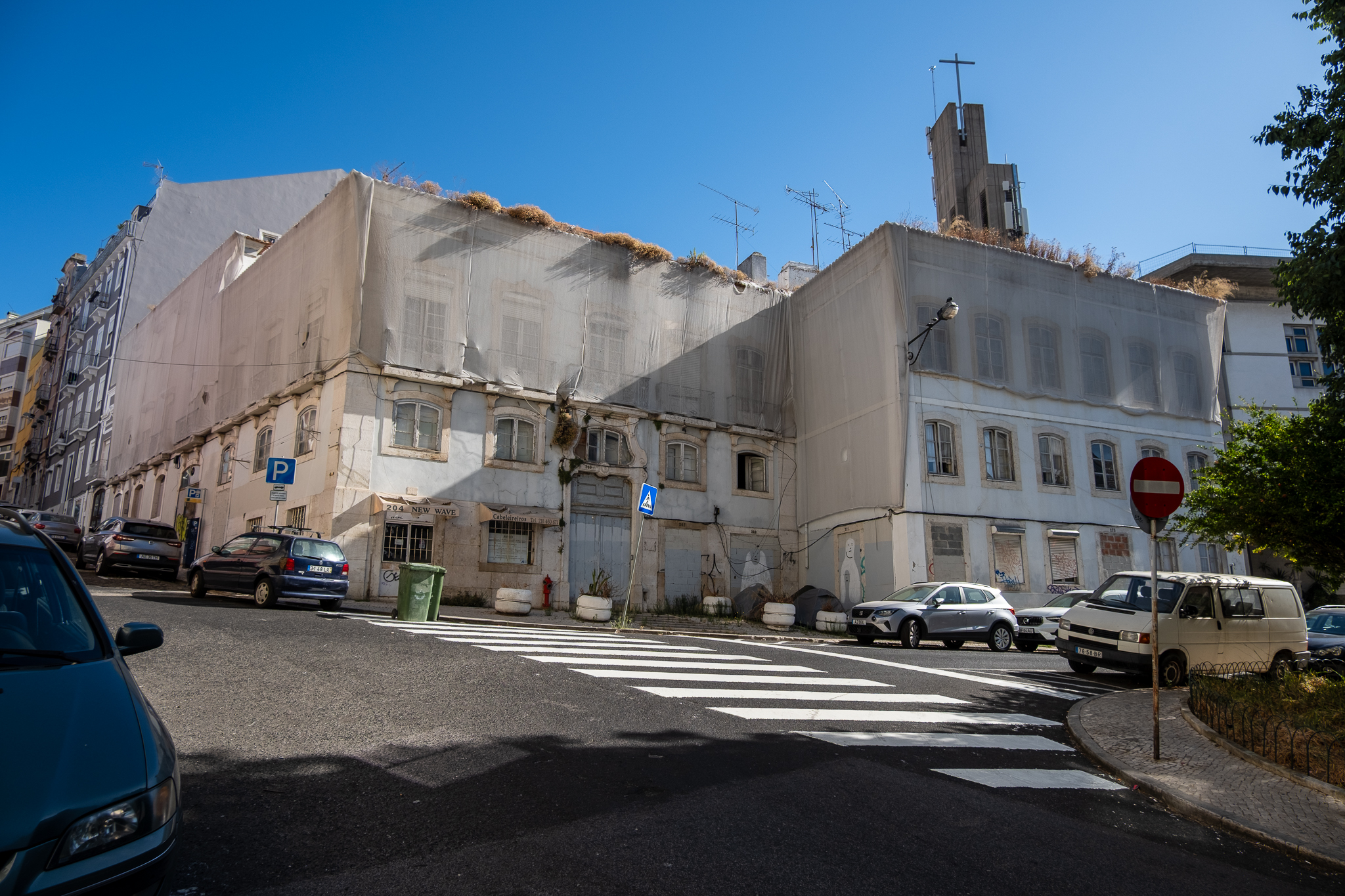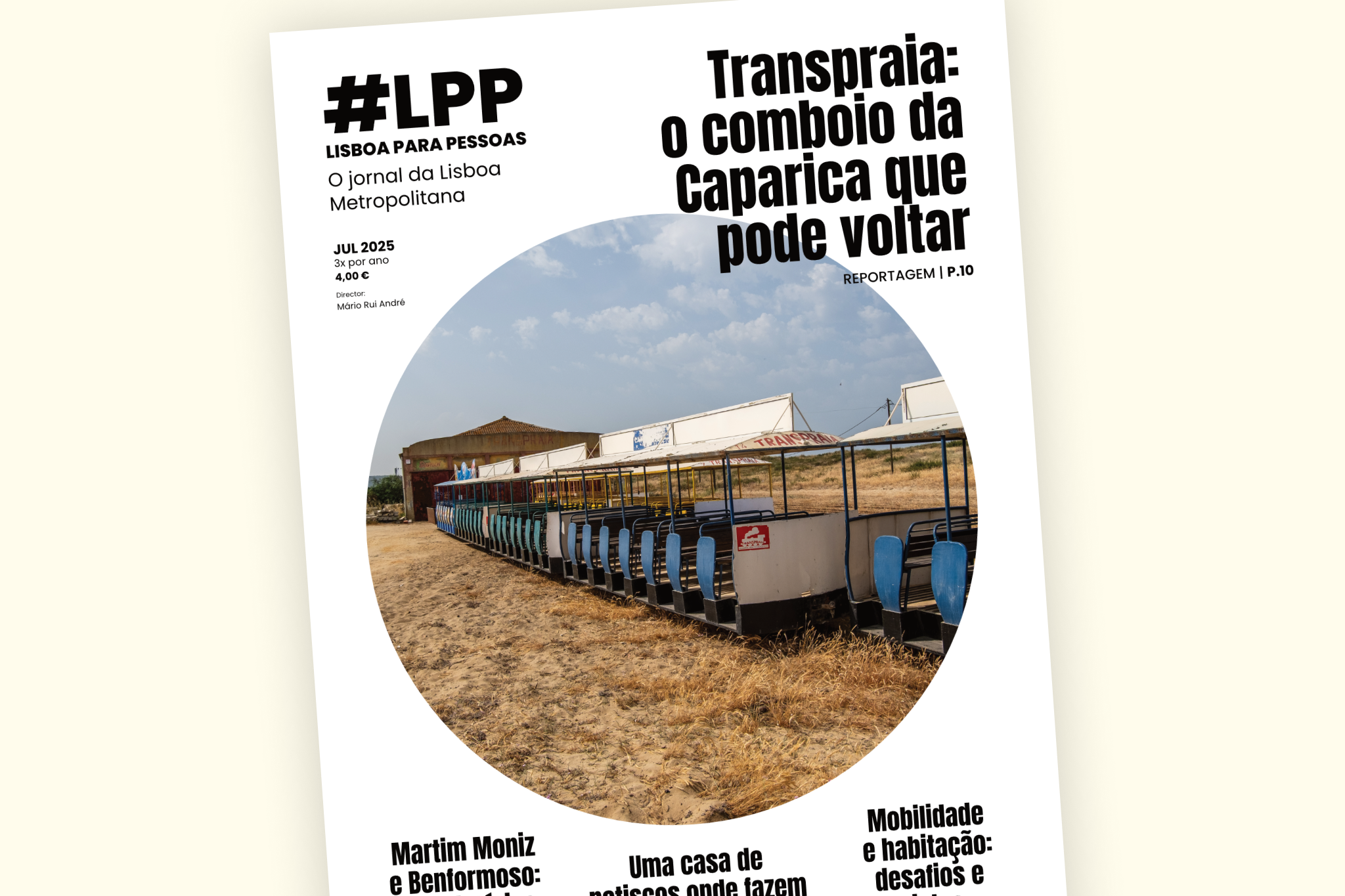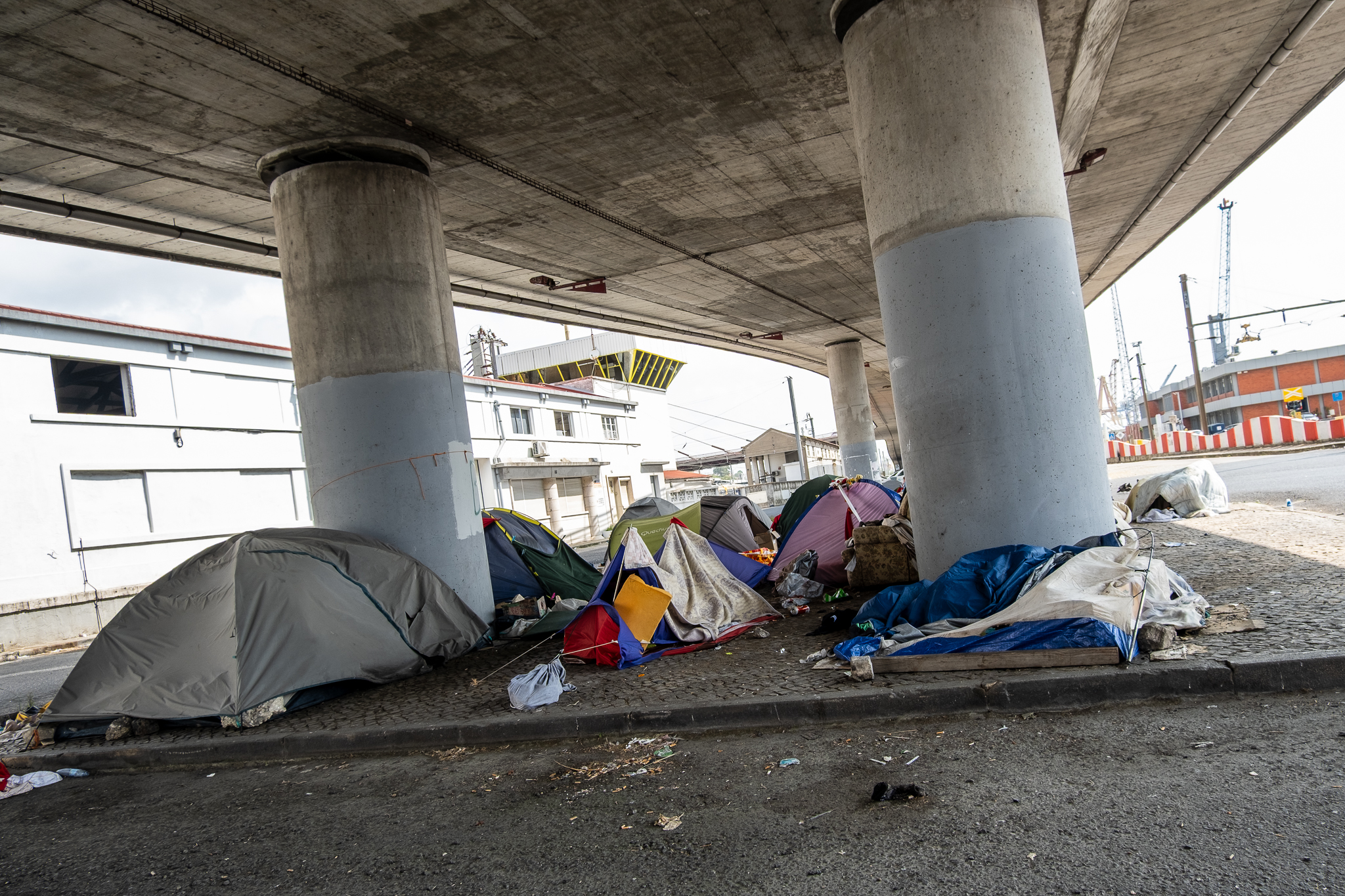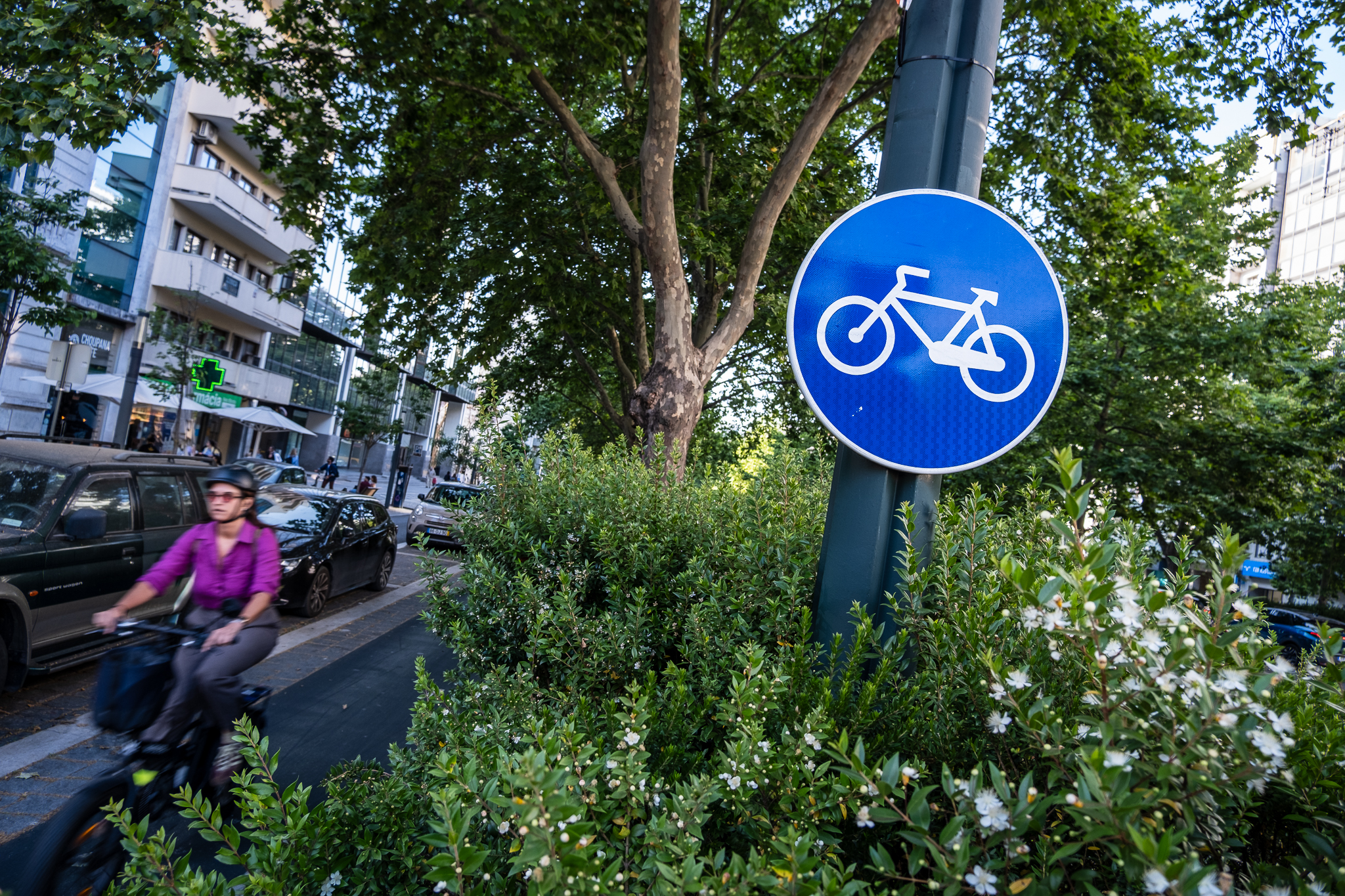
Between 2001 and 2019, the population of the Lisbon Metropolitan Area increased from 2.7 million to 2.9 million, but in contrast the number of residents in the city of Lisbon fell from 563,300 to 508,400, contrary to the trend of population growth in neighboring municipalities. The data are from the National Statistics Institute.
Through an open letter, More than four dozen civil society organizations, mostly from the center of the country and Greater Lisbon, are calling for the "right to a place" in cities, towns and villages. The movement arose in response to a population exodus from both large urban centers and more rural areas.
How many people in Portugal today are forced to give up living in the places they identify with, are connected to and feel they belong to, because it's not a choice to live there, because they can't find the conditions to live well there?
- Open Letter for the Right to Place
At Open Letter for the Right to PlaceIn the first place, the document points to reasons that force people to give up living in places they identify with, feel connected to and feel they belong to. In the case of big cities, population migration to the outskirts is pointed out "as housing costs became unaffordable"that tourist pressure has increased and that the "real estate market has been (over)valued". There is talk of "de-characterization of the centers of large cities emptied of resident population"in a "loosening of community ties" in more solitary lives, and even in the urban peripheries while "places where there is an excessive concentration of population" and where you live in "difficult conditions".
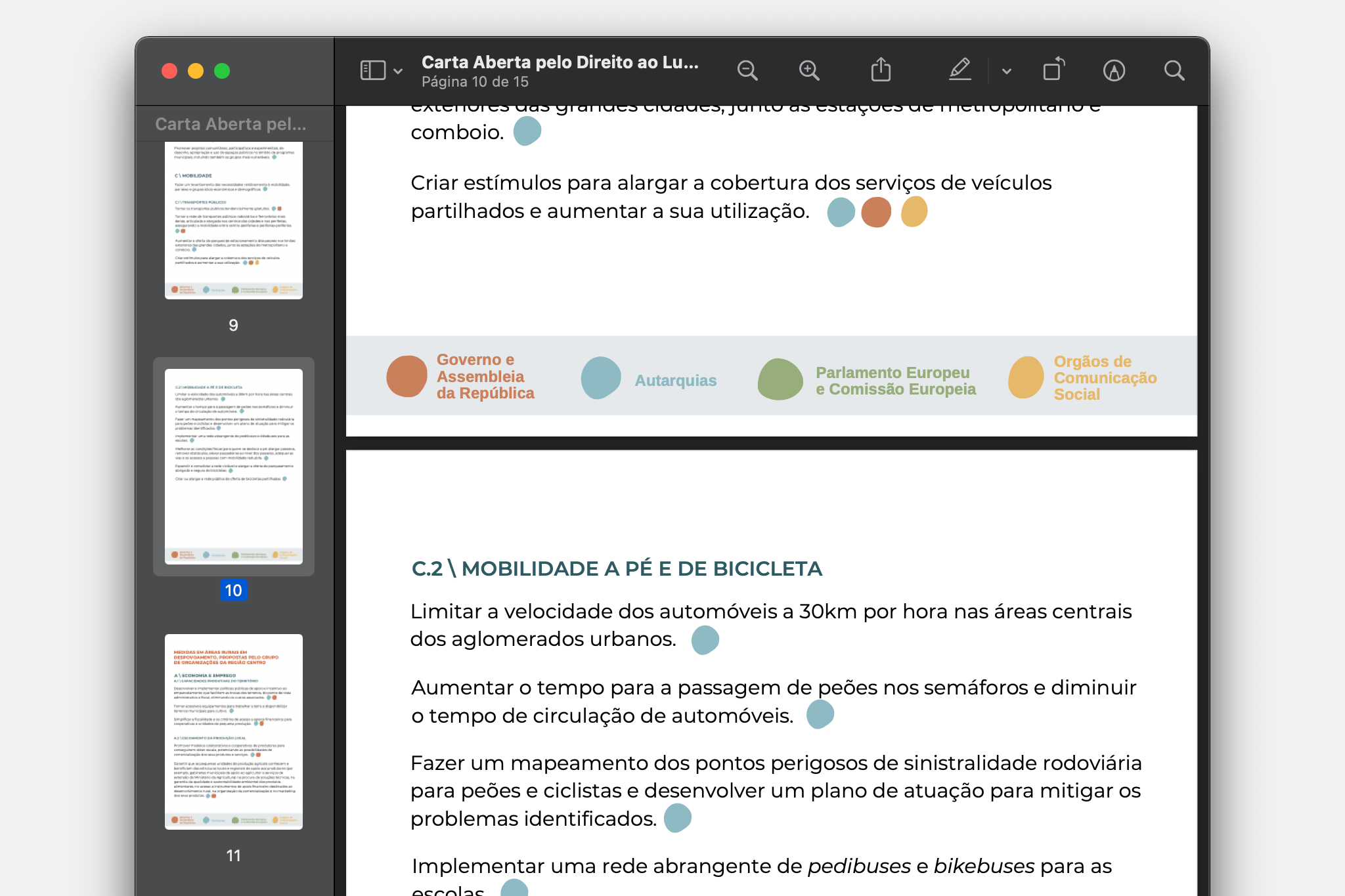
But rather than pointing out problems, this open letter points out solutions - measures that seek to protect the right to a place and respond to the problem of the loss of population living in rural areas and in the centers of large cities. These measures are proposed to various political authorities (at local, central and European level) and to the media. For rural areas, the proposals include the economy, employment and services of general interest. For cities, there is talk of housing, public space and mobility (in Lisboa Para Pessoas we highlight the measures in these last two areas below). It also proposes a set of measures aimed at creating the conditions for the necessary increase in citizen participation.
Proposals from the Open Letter for the Right to Place
Public Space:
- Maximize the use of public facilities, such as school spaces and auditoriums, for community use.
- Making public space physically accessible to everyone.
- Create financial mechanisms and other incentives for the population to install mini-gardens and mini-urban gardens.
- Increase the extension and contiguity of green spaces.
- Ensure that, wherever possible, all streets have trees, flowerbeds and benches with backrests.
- Promote participatory and experimental community projects for the design, appropriation and use of public spaces within the framework of municipal programs, including the most vulnerable groups.
Mobility:
- Conduct a survey of mobility needs, by gender and socio-economic and demographic groups.
- Public transportation:
- Make public transport free of charge.
- Make the public road and rail transport network denser, more articulated and wider in city centers and on the outskirts, ensuring mobility between center-peripheries and peripheries-peripheries.
- Increasing the supply of deterrent parking lots on the outer edges of large cities, near metro and train stations.
- Create incentives to extend the coverage of shared vehicle services and increase their use.
- Mobility on foot and by bicycle:
- Limit car speeds to 30km per hour in the central areas of urban agglomerations.
- Increase the time for pedestrians to cross at traffic lights and decrease the time for cars to circulate.
- Map dangerous road accident hotspots for pedestrians and cyclists and develop an action plan to mitigate the problems identified.
- Implement a comprehensive network of pedibuses e bikebuses for schools.
- Improving the physical conditions for people on foot: widening sidewalks, removing obstacles, raising crosswalks to sidewalk level, adapting roads and access for people with reduced mobility.
- Expand and consolidate the cycling network and extend the supply of sheltered and secure bicycle parking.
- Create or extend the public bike-sharing network.
With the aim of broadening and deepening the reflection and debate on the issues raised in the Open Letter for the Right to Place, a series of debates will be held in which people who have reflected and worked on the issue in different ways will take part. The first debate will take place on April 28, from 4pm to 6pm, and will feature Helena Roseta (politics), João Ferrão (human geography) and Jorge Wemans (journalist). The broadcast will take place live and you can register for the event here.
A Open Letter for the Right to Place was drawn up as part of the Connectionspromoted by the Graal consortium and the Gonçalo da Silveira Foundation - FGS and financed by the EEAGrants Cidad@s Ativ@s program, managed by the Calouste Gulbenkian and Bissaya Barreto foundations. The open letter is currently open to subscriptions from individuals and companiesand all you need to do is fill out this form.


